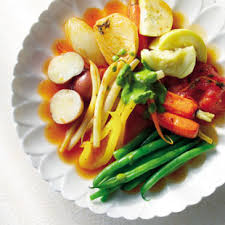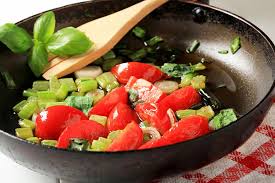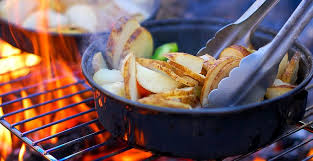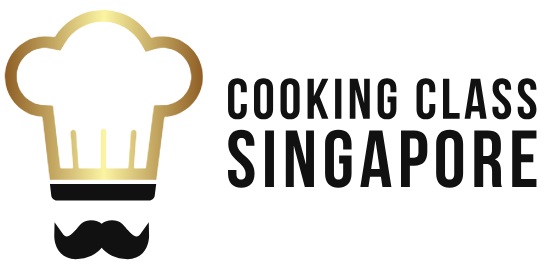
The Science of Cooking
Is cooking a science? You might not think so at first.
However, we would like to invite you to think about a basic principle of the scientific method: reproducibility.
 This principle is about the ability to take the same variables in the same amount and under the same conditions to repeatedly produce the same result.
This principle is about the ability to take the same variables in the same amount and under the same conditions to repeatedly produce the same result.
Sounds familiar? Sure it does!
I sound just like following a recipe.
Cooking is much like a science experiment.
By taking ingredients, mixing them, and applying energy (heating or cooling them) according to the steps outlined, you produce a specific result.
And if you change up those ingredients or the process, you can discover something completely new.
Like any good scientist, you need to correct tools particularly those used for measurement. This means measuring cups and spoons, a timer, a thermometer, and a scale.
 While there are certainly many more tools out there that you might find helpful, these are the basics you absolutely must have on hand.
While there are certainly many more tools out there that you might find helpful, these are the basics you absolutely must have on hand.
When it comes to these vital basics, quality is key.
While measuring cups and spoons are pretty straight forward, timers, thermometers, and scales are where you should consider shelling out more money for a better product.
A timer that can be set for multiple dishes will be helpful should you ever need to cook more than one dish at a time.
As for your thermometer, your best bet is a digital one with a magnet.
This way you can leave the thermometer inside the oven while the digital read sticks to the outside — no need to open the oven to check the temperature and let the heat out.
And with the scale, you want to be certain it is always accurate, down to the smallest amount.
Just like any other area of science, cooking has its own unique vocabulary.
To become a successful practitioner, you will need to master that vocabulary.
Don’t know the difference between frying, baking, roasting, broiling and grilling?
How about poaching, boiling, steaming, and stewing?
If you don’t, get to studying! Each method is important and each informed by science.
Still not sure you can think of cooking as a science?
Then we invite you to learn about the Maillard Reaction.
If you have never heard of it, chances are you have seen its work — it is what produces browning on meats, breads, and even your coffee.
It also determines the ideal cooking temperature for a meal.
Ever wonder why 350°F is the universal baking temperature? It all comes back to the Maillard Reaction.
 Science also helps us understand why we should allow meat to rest between cooking and carving and why you should use an ice bath after boiling your veggies; the temperature of meats continue to rise even after cooking is complete and veggies that are not cooling can wilt.
Science also helps us understand why we should allow meat to rest between cooking and carving and why you should use an ice bath after boiling your veggies; the temperature of meats continue to rise even after cooking is complete and veggies that are not cooling can wilt.
It all comes back to science.
While this is a basic look at how cooking is a science, you can certainly go more in-depth; we recommend reading The Science of Good Cooking from Cook’s Illustrated.
But for now, we hope that this has piqued your interest and inspired you to approach cooking in a new way.
A wide range of delectable cooking and baking classes are available from Cooking Class Singapore, offering you a unique and memorable culinary experience.
For more information, make an online enquiry now!

